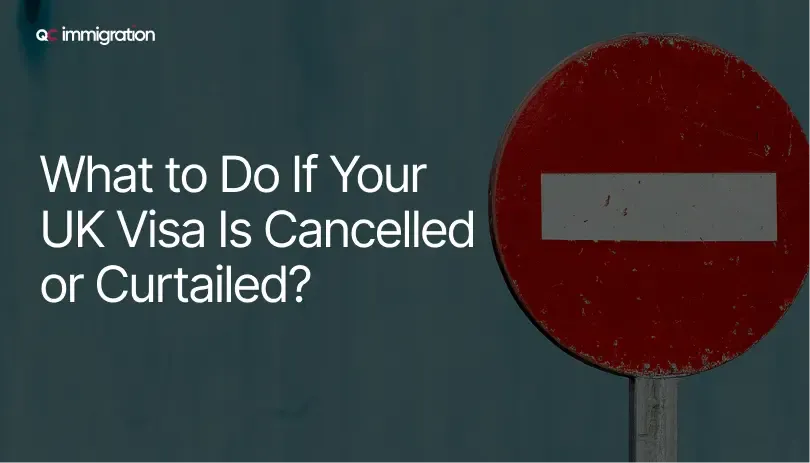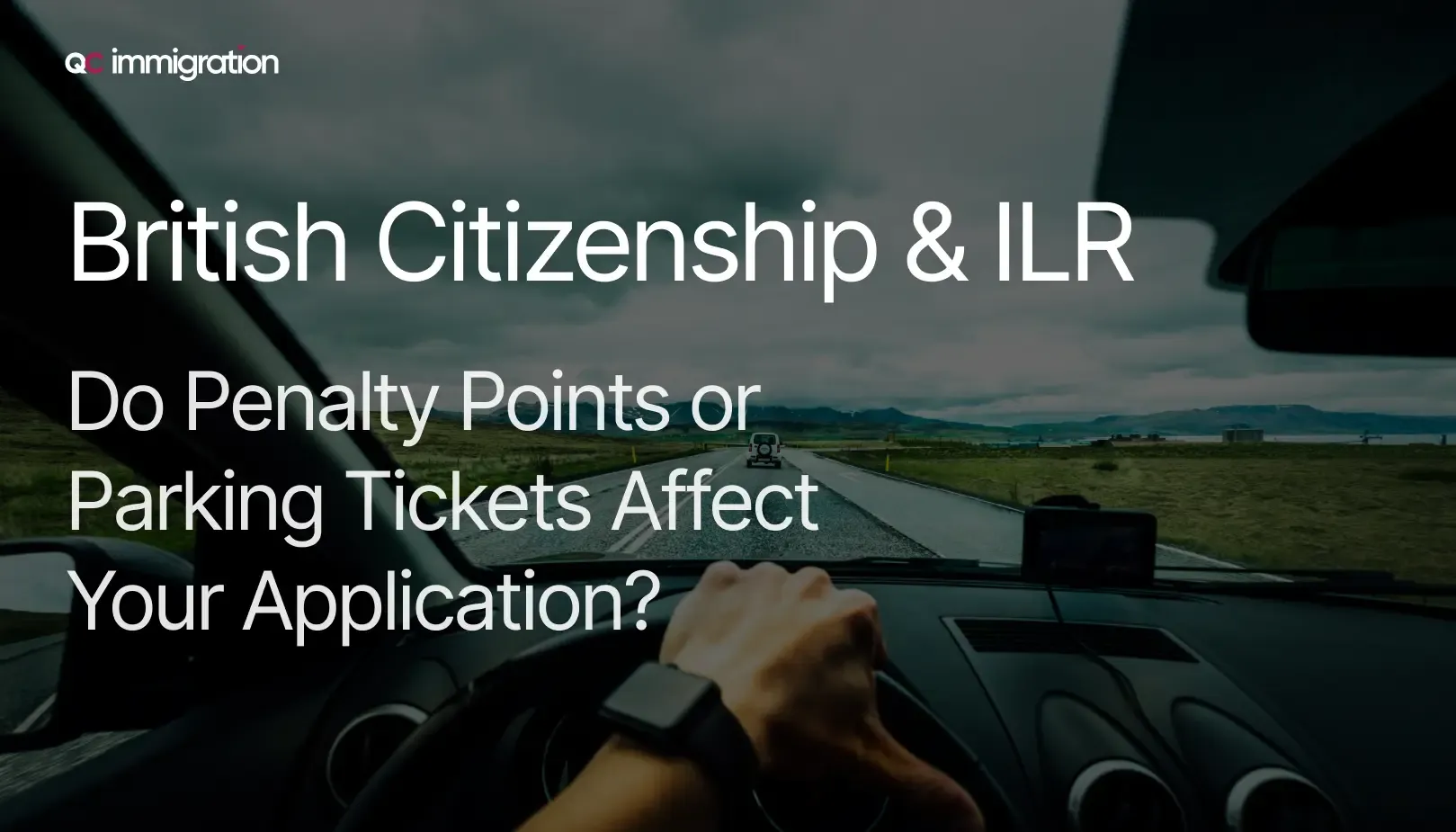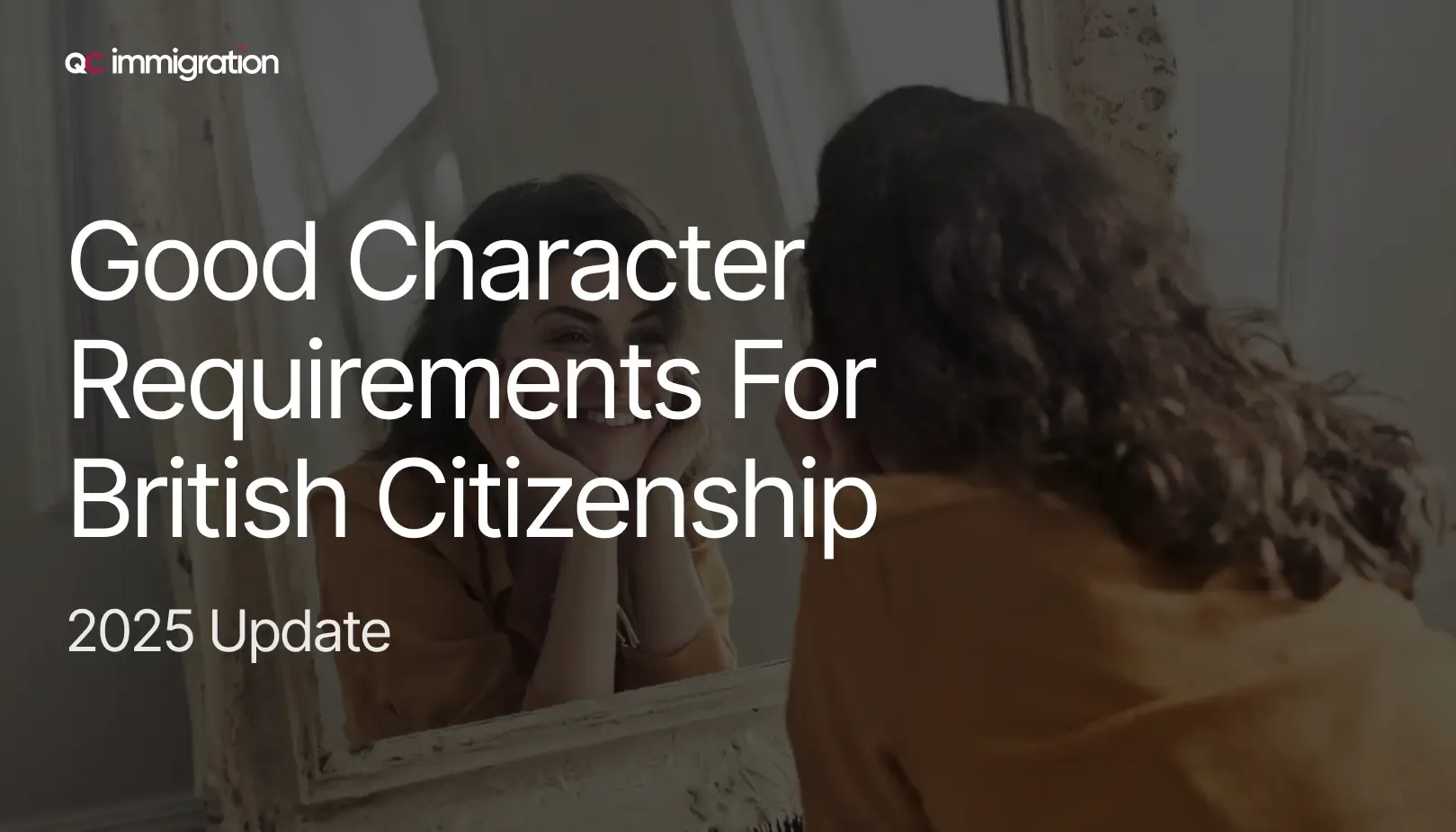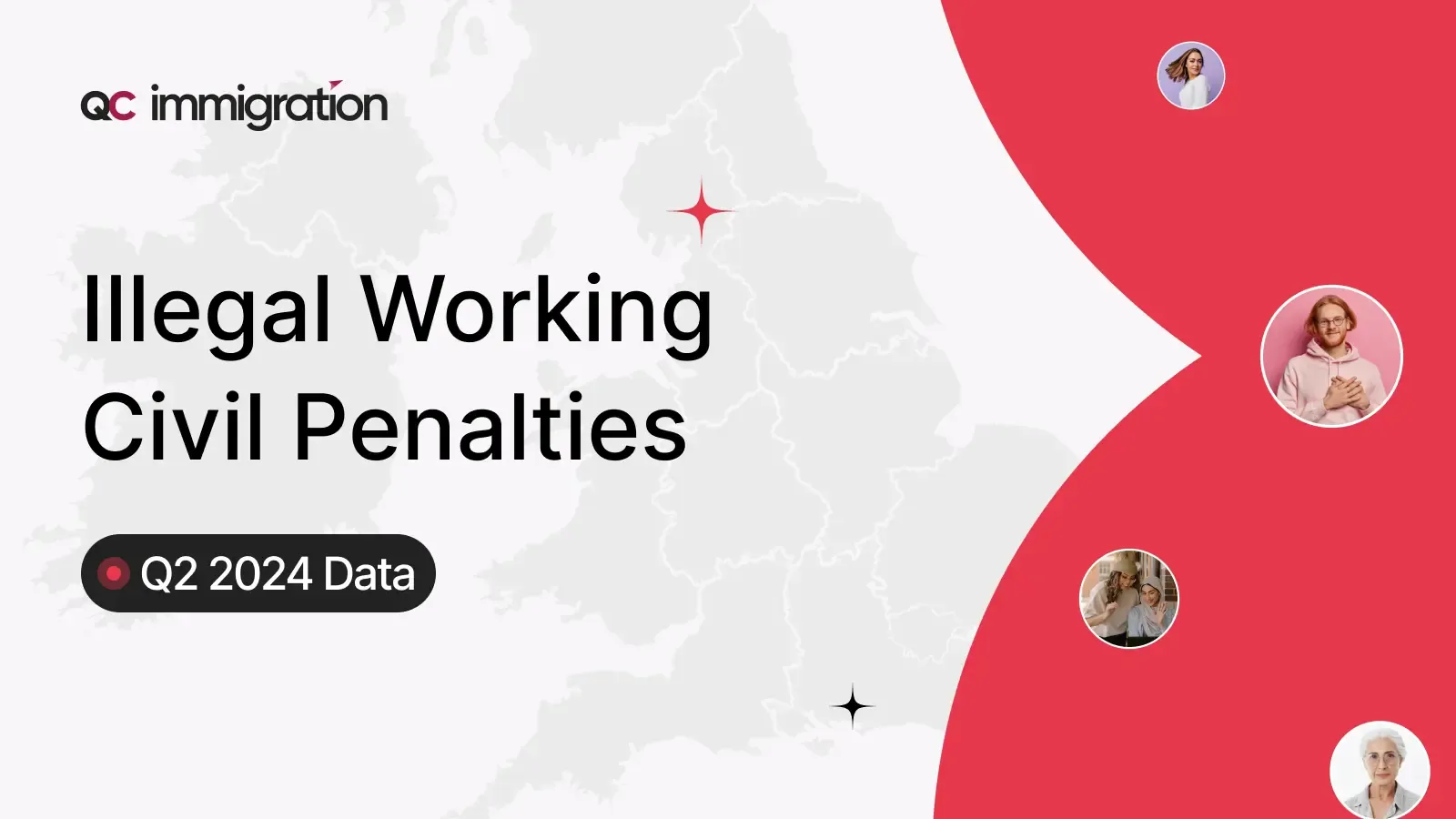Key Takeaways
Your partner cannot directly cancel your visa but can inform the Home Office of a separation, which may lead to the Home Office investigating and changing your immigration status.
If you separate or divorce, your relationship may have broken down permanently. You should notify the Home Office promptly. Your visa may be curtailed, typically giving you up to 60 days to apply for a new visa or leave the UK.
If your spouse's visa is affected, you may be eligible for other visas, such as a Work Visa, Ancestry Visa, Parent Visa, or Indefinite Leave to Remain (ILR), depending on your circumstances.
If your spouse's visa is cancelled and you disagree with the decision, we may challenge the decision urgently. Seeking legal advice early can improve your chances of remaining in the UK.
Understanding Your Rights
If you are in the UK on a spouse visa and experiencing relationship difficulties, you might wonder whether your partner can cancel your visa. This guide will help you understand your rights and options.
A UK Spouse visa (also known as a Partner or Family visa) is granted to you as an individual based on your relationship with someone who already has British citizenship or is a settled person. One of the most common misconceptions is that your partner can cancel your UK spouse visa.
The only exception is for BNO visa (British National Overseas visa)holders, who do not need to inform the Home Office if they divorce or separate. BNO visa holders can still apply to extend their visa or settle permanently in the UK, regardless of their relationship status.

Can Your Partner Cancel Your Spouse Visa?
While your partner sponsored your visa application, they do not have the direct authority to cancel it. Regardless of any complaints or issues raised by your partner, they do not have the power to directly cancel your visa. It is only the UK Home Office has the authority to revoke your spouse visa.
Your partner can, however, inform the Home Office about changes in your relationship status, which may trigger an investigation of your visa by the Home Office. It's important to understand that:
- Only the Home Office has the authority to make decisions about your immigration status.
- Your partner cannot directly revoke your right to stay in the UK.
- You have legal rights, even if your relationship breaks down.
When Can a Spouse Visa Be Affected?
There are several situations that might impact your spouse's visa status:
Relationship Breakdown
If your relationship ends, you must inform the Home Office. This doesn't mean immediate visa cancellation, but you must understand your options.
Divorce Proceedings
If divorce proceedings begin, your visa may be curtailed, but you typically have time to make alternative arrangements or apply for a different visa category.
Separation
A separation doesn't automatically invalidate your visa, but you should seek legal advice about your position before your visa expires. If your relationship has broken down permanently, it would be sensible to seek alternative visa options as a matter of urgency.
Domestic Violence
If you're experiencing domestic violence, special provisions exist to protect your rights to remain in the UK. The Domestic Violence Indefinite Leave to Remain or Extension route offers protection for those in abusive relationships.

Reporting & Legal Requirements
If your relationship ends, at least one person should inform the Home Office as soon as possible to avoid complications with your immigration status. Failure to do so may affect future visa applications.
You can inform the Home Office online or by post. When notifying them, you should include details such as both parties' names, dates of birth, addresses, passport numbers, Home Office reference numbers, and relevant supporting documents such as a divorce decree or a separation agreement. If you have children, you should provide their information as well. Besides basic information such as their names and dates of birth, details on how much time they spend with you or your ex-partner, where they reside, child maintenance or financial responsibilities from each party, and information on any family court cases are also included. Both partners are responsible for reporting the separation, and any changes, such as reconciliation, must also be communicated.
It is recommended that you keep records of your relationship history, any communication with authorities, and proof of when you reported changes. Ensuring accurate and timely updates can help protect your immigration status.
You must also complete a public statement if you do not want the Home Office to share details of your letter with your ex-partner or a consent form if you agree to the information being shared.
Documenting Your Immigration Status
Regardless of your situation, it is always advisable to keep thorough documentation. This will make it easier to assess your options if your circumstances change—often when you least expect it.
- Keep detailed records of your relationship and life in the UK.
- Maintain copies of all immigration documents.
- Seek legal advice early if any issues arise.
- Document any domestic issues or conflicts.
- Maintain documents of any responsibility and custody for children or dependents.
- Keep proof of residence and integration in the UK.
What Happens After Notification?
What happens next depends on your circumstances. If your visa is based on your relationship—such as a spouse, partner, or dependent visa—your separation will trigger a review of your immigration status.
If you no longer qualify for a Spouse, Partner or Family Visa, the Home Office may issue a written notice outlining the visa cancellation process. Typically, your visa will be curtailed, giving you up to 60 days to either leave the UK or apply for a new visa. You will have the opportunity to provide evidence supporting your right to remain. Acting quickly is essential to explore your options.
Possible Outcomes
Once you notify the Home Office, several outcomes are possible:
- You may need to leave the UK.
- You may be able to apply for a new visa.
- You may find other means to regularise your stay.
The Home Office generally curtails your Spouse Visa, giving you limited time to decide on your next steps.

Can You Apply to Stay in the UK?
If your spouse reports the separation, you can still present your case to the Home Office. Seeking legal advice as soon as possible is essential to assess your options and avoid waiting until your current visa expires.
You may be eligible to apply for a new visa, such as:
- A Work visa or Business Visa
- A Parent Visa of a child who is British, settled in the UK, or has lived in the UK for at least 7 years.
- A Visa based on your other UK connections, such as Ancestry Visa
- A Private Life visa if you have lived in the UK for a significant period
- Another type of Partner or Dependent Visa, if you are now in a new qualifying relationship
- Other UK visa types that fits your circumstances and future plans
Additionally, you may be able to apply for Indefinite Leave to Remain (ILR), which allows you to live and work in the UK permanently and can lead to British citizenship if:
- You have legally and continuously lived in the UK for 5 or 10 years, depending on your visa category.
- Your relationship ended due to domestic violence or abuse.
It is essential to explore these options promptly to maintain your legal status.
What if I have children in the UK?
If you have children in the UK, you may be eligible to stay under the parent route. If your child is British or has settled status, you may qualify for a Family Visa as their primary caregiver. This ensures your parental responsibilities are considered and provides a legal pathway to remain in the UK.
Your child may remain as your dependent if you are applying for a Visa or ILR in your own right.
Your child must not be married or living independently to be considered a dependent.

What If There Is No Visa Option?
You must not overstay your visa if no visa category fits your circumstances. You must leave the UK before your visa expires. If your visa is cancelled before you apply for a new one, you could be classified as an overstayer, which may impact future immigration applications.
Right to Appeal
If your spouse's visa is cancelled or revoked, you may have the right to challenge the decision if you have compelling reasons and evidence to justify your right to remain in the UK.
Summary
While experiencing relationship difficulties can be challenging, understanding your rights and options can help you make informed decisions about your future. Remember that you have rights that are independent of your partner, and there are organisations and professionals available to support you.
If you are concerned about your immigration status, we always recommend seeking expert legal advice as early as possible. QC Immigration can evaluate your case and assess other immigration routes and the merits of switching to another visa. Immigration rules can be complex, and getting expert guidance can make a significant difference in securing your right to remain in the UK.








